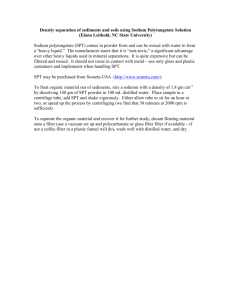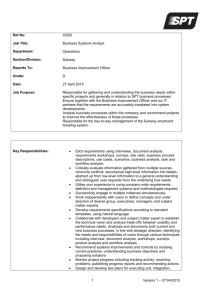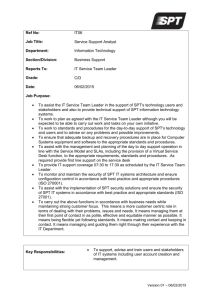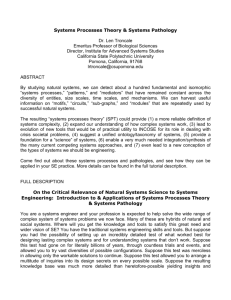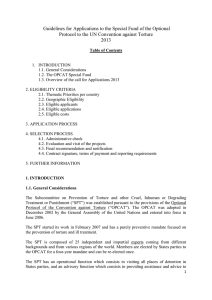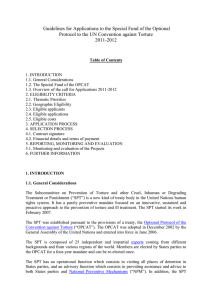SUBCOMMITTEE ON PREVENTION OF TORTURE AND OTHER CRUEL, INHUMAN OR DEGRADING (SPT)
advertisement
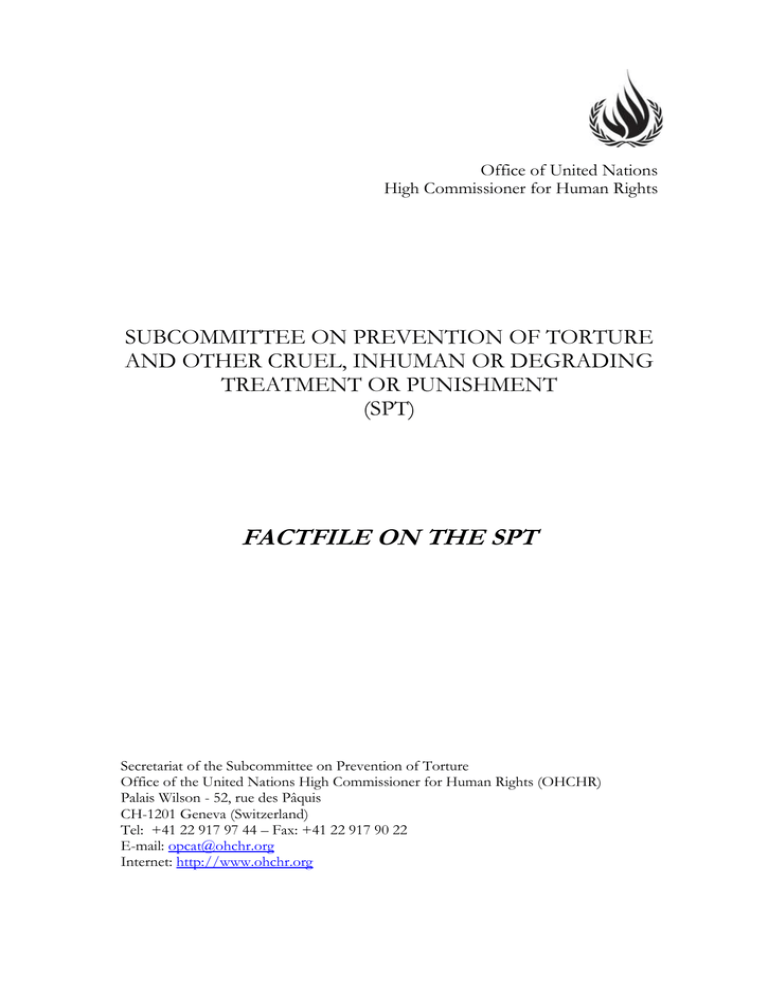
Office of United Nations High Commissioner for Human Rights SUBCOMMITTEE ON PREVENTION OF TORTURE AND OTHER CRUEL, INHUMAN OR DEGRADING TREATMENT OR PUNISHMENT (SPT) FACTFILE ON THE SPT Secretariat of the Subcommittee on Prevention of Torture Office of the United Nations High Commissioner for Human Rights (OHCHR) Palais Wilson - 52, rue des Pâquis CH-1201 Geneva (Switzerland) Tel: +41 22 917 97 44 – Fax: +41 22 917 90 22 E-mail: opcat@ohchr.org Internet: http://www.ohchr.org -2- What is the SPT? The UN Subcommittee on Prevention of Torture and other Cruel, Inhuman or Degrading Treatment or Punishment (SPT) is a United Nations mechanism directed at the prevention of torture and other forms of ill-treatment. It started its work in February 2007. The Protocol gives the SPT the right to visit all places of detention in States Parties to the Protocol and examine the treatment of people held there. The Protocol also obliges States to set up independent National Preventive Mechanisms to examine the treatment of people in detention, make recommendations to government authorities to strengthen protection against torture and comment on existing or proposed legislation. The SPT assists and advises the National Preventive Mechanisms about ways to strengthen safeguards relating to detention and reinforce their powers and independence. Who are the SPT members? The SPT is composed of 25 independent and impartial members drawn from countries which are parties to the Protocol. Members serve in their individual capacity and are drawn from a variety of different backgrounds relevant to its work, including lawyers, medical professionals and detention and inspection experts. Members do not work for any Government and do not receive any instructions from state authorities. What does the SPT do during its country visits? The SPT may visit any other places where people are or may be deprived of their liberty, including police stations, prisons (military and civilian), detention centres (pre-trial detention, immigration detention, juvenile justice establishments, etc.), mental health and social care institutions. It recommends action to be taken to improve the treatment of detainees. How does the SPT do its work? The SPT examines the way in which detainees are treated whilst in detention, as well as looking at the conditions of detention. SPT members talk in private with people in custody, without the presence of prison or other staff or of Governmental representatives. During its country visits SPT members also talk with Government officials, custodial staff, lawyers, doctors, etc., and can recommend immediate changes intended to improve the situation of detainees. Their work is governed by strict confidentiality and they do not reveal who they have spoken to, or what they have been told. People who provide information to the SPT may not be subject to sanctions or reprisals for having provided information to the SPT. -----
